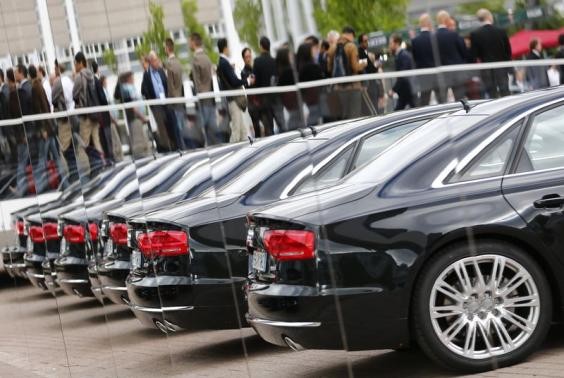Following the footsteps of the European Union and Japan, the Chinese government is considering banning the boycott of parallel imports by foreign auto brands, labeling it as a monopolistic practice, the Want China Times reported on Monday.
Such a ban may be included as part of the guidelines against monopolies in the auto industry. It is currently being drafted by the Price Supervision and Inspection and Anti-Monopoly Bureau of the National Development and Reform Commission, the report said quoting industry insiders.
The anti-auto monopoly guidelines are designed to bar the supply of components and parts by auto brands against parallel-import traders, which in turn could result in after-sales services either being too costly or complicated.
Foreign auto brands have used various means to slow down parallel imports, with some automakers resorting to raising the engine displacement to increase import duties to barring dealers to sell vehicles to China altogether to sever supplies to parallel-import traders, the report said.
Foreign auto brands may be in violation of the anti-monopoly law if they are instructing local service outlets to refuse components or parts to owners of parallel import cars or discriminate in their treatment such as collecting higher charges from them, the report added.
According to article 17 of the Anti-Monopoly Law, dominant market players are forbidden to engage in discriminatory treatment against peers or customers.
Most foreign auto brands have opened up supply of components and parts for parallel-import cars, following the stricter implementation of fines on foreign auto brands that ban the supply of such items, said Dongshu, secretary-general of the China Passenger Car Association.
Service outlets for foreign car brands, however, will still be able to collect higher charges for parallel-import cars.
In response, parallel-import traders often import parts or provide non-original equipment to their customers.



























